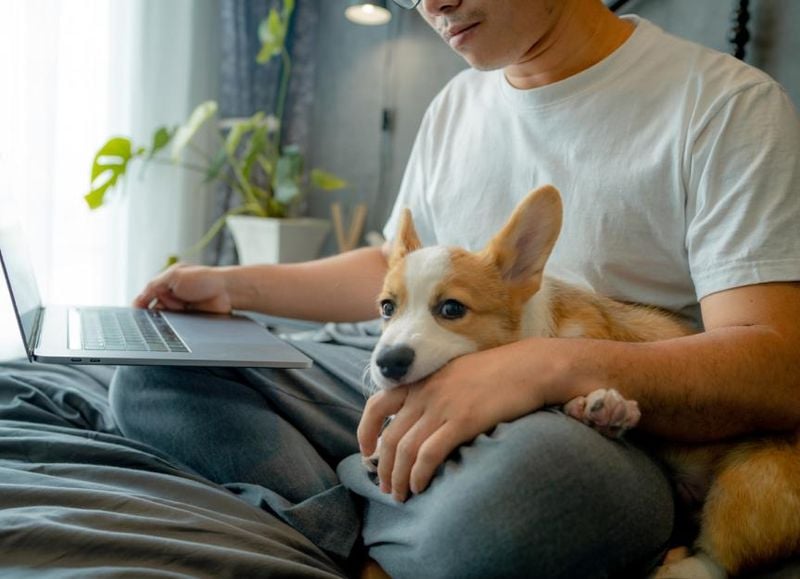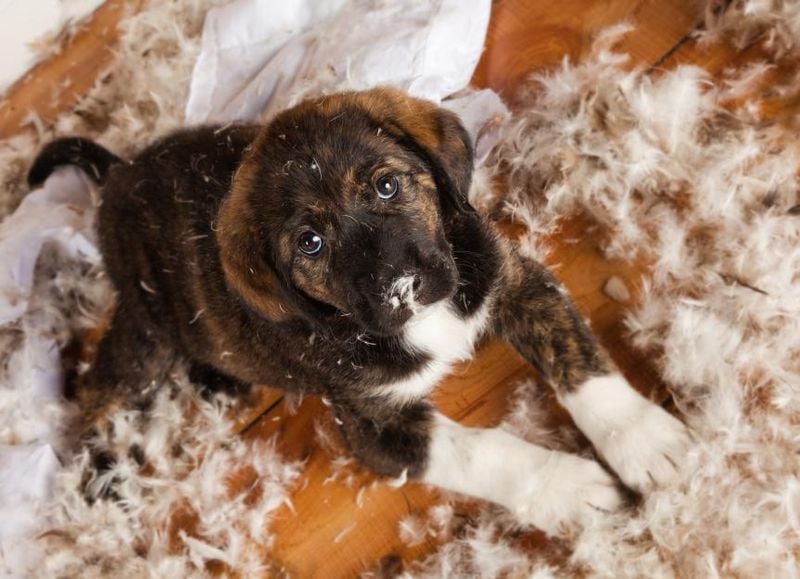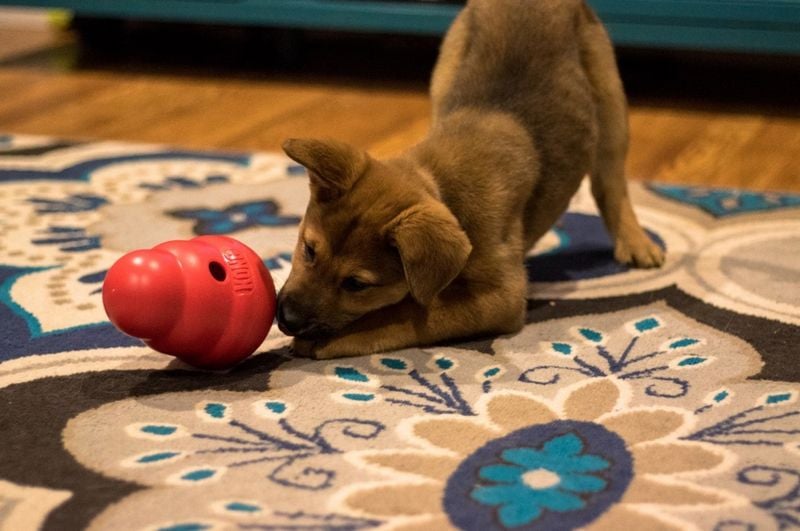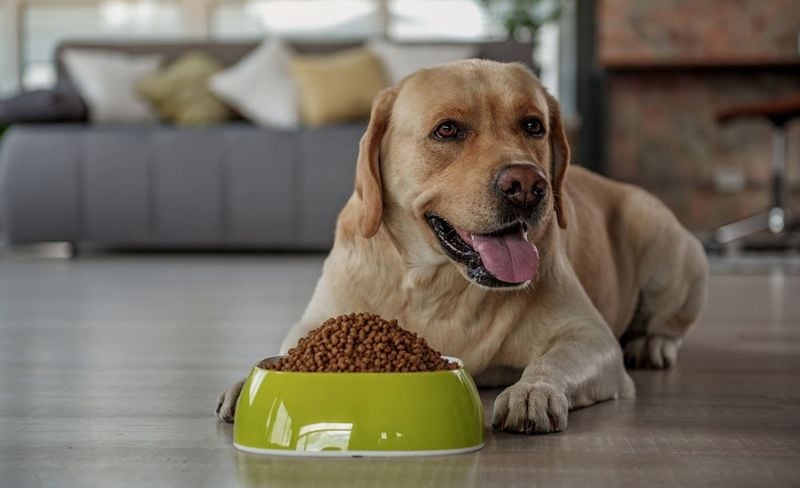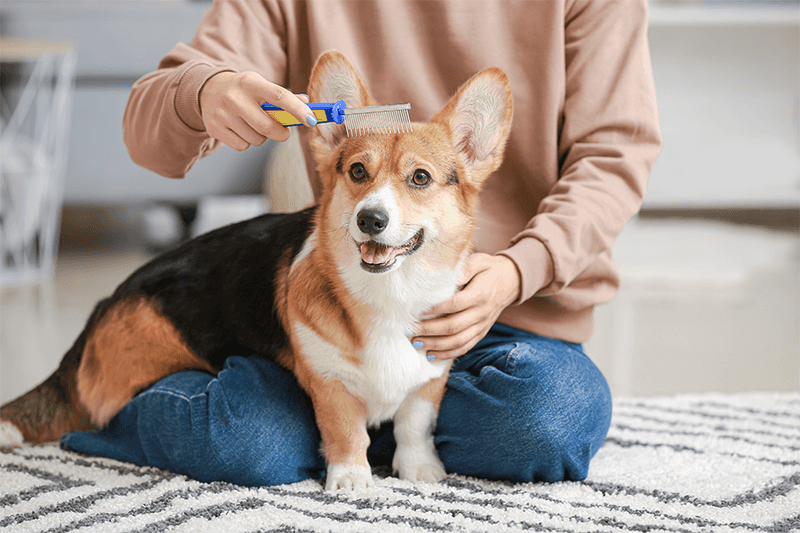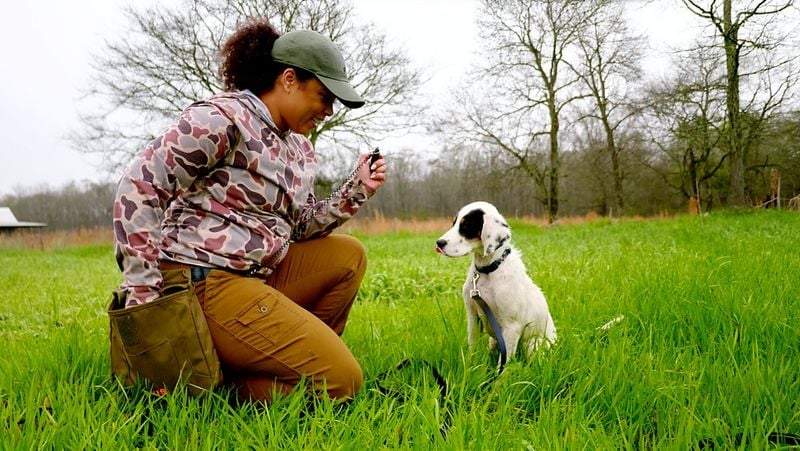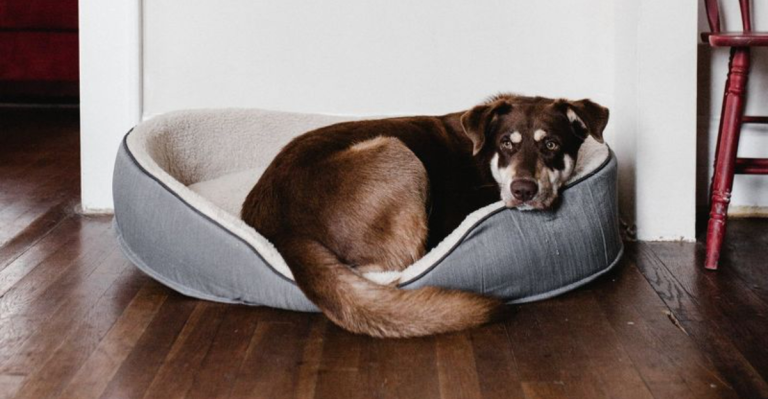8 Things You Absolutely Need to Know Before Getting a Puppy, According to Experts
Bringing home a puppy changes your life in wonderful ways—but it also demands serious preparation. Those irresistible eyes, tiny paws, and playful antics can melt anyone’s heart, but behind all the cuteness lies a reality that many first-time owners don’t fully anticipate. Raising a puppy is a rewarding experience, but it requires time, patience, and a solid understanding of what’s involved.
From middle-of-the-night potty breaks to teething-induced chewing sprees, puppyhood is filled with challenges that can catch new owners off guard. That’s why veterinarians, professional trainers, and animal behaviorists all stress the importance of being informed before you ever bring that bundle of energy home. Knowing what to expect—and how to prepare—can mean the difference between a chaotic, stressful start and a smooth, joyful transition into pet parenthood.
Whether you’re adopting from a shelter or picking up your new companion from a reputable breeder, these expert-backed insights will help you lay the foundation for a happy, healthy life together. Before you fall for those floppy ears and puppy breath, here are 8 crucial things you should know.
1. Puppies Require Round-The-Clock Attention
Young puppies need supervision almost constantly during their first few months at home. They can’t hold their bladders for more than a few hours and require frequent potty breaks, even overnight.
Many new owners underestimate this time commitment, thinking puppies are more independent than human babies. In reality, you’ll need to arrange your schedule around your puppy’s needs or enlist help from family members, neighbors, or professional pet sitters.
The first weeks are especially demanding as your puppy adjusts to their new environment. This intense period gradually eases as they mature, but plan for at least a year of significant time investment.
2. Puppy-Proofing Is More Complex Than You Think
Electrical cords, toxic houseplants, and small objects become dangerous hazards in a home with a curious puppy. Get down on your hands and knees to spot dangers from your puppy’s perspective—you’ll be amazed at what you find!
Secure cabinets containing cleaning supplies and medications. Many common foods like chocolate, grapes, and xylitol-sweetened products can be deadly to dogs, so establish strict family rules about what your puppy can and cannot eat.
Consider investing in baby gates to restrict access to certain areas until your puppy learns the house rules. This safety step protects both your belongings and your new family member.
3. Early Socialization Makes or Breaks Adult Behavior
The critical socialization window closes around 16 weeks of age, making early exposure to different people, animals, and environments essential. During this period, your puppy forms lasting impressions about what’s normal and safe in the world.
Carry your puppy to new places before vaccinations are complete to minimize disease risk while maximizing exposure. Look for puppy socialization classes where health protocols are strictly enforced.
Create positive associations with new experiences by offering treats and praise. A puppy who misses proper socialization often develops fear-based behaviors like aggression or anxiety that can be difficult to reverse later in life.
4. Budget for Unexpected Veterinary Expenses
The first year of puppy care typically costs between $1,500 and $2,000 for routine care alone. This includes vaccinations, parasite prevention, spaying/neutering, and wellness exams.
Emergency situations happen even with the healthiest puppies. Swallowed objects, allergic reactions, and injuries can lead to surgical procedures costing thousands of dollars. Many veterinarians recommend pet insurance for puppies to help manage these unexpected costs.
Research breed-specific health concerns before choosing your puppy. Some breeds are predisposed to expensive conditions like hip dysplasia or heart problems that may require specialized care throughout their lives.
5. Mental Exercise Is Just As Important As Physical Activity
Bored puppies become destructive puppies. They’ll find their own entertainment—usually by chewing your favorite shoes or digging up your garden—if their clever minds aren’t properly engaged.
Puzzle toys, training sessions, and scent games provide crucial mental stimulation. Rotate toys regularly to keep them interesting, and incorporate training into daily activities rather than isolating it to specific sessions.
Physical exercise needs vary dramatically by breed. While a Border Collie puppy might need several active play sessions daily, a Bulldog puppy requires more moderate activity. Research your specific breed’s requirements and remember that growing puppies shouldn’t engage in forced exercise like jogging until their growth plates close.
6. Nutrition Fundamentals Shape Lifelong Health
Puppies need specially formulated food with precise nutrient ratios to support their rapid growth. Large and giant breeds particularly require carefully balanced calcium and phosphorus to prevent developmental orthopedic issues.
Establish regular feeding times rather than free-feeding to aid in housetraining and prevent obesity. Most puppies need feeding three to four times daily until 6 months of age, then twice daily thereafter.
Avoid grain-free diets unless specifically recommended by your veterinarian, as recent research has linked some grain-free formulations to heart problems in dogs. Always transition to new foods gradually over 7-10 days to prevent digestive upset.
7. Grooming Habits Start From Day One
Handling your puppy’s paws, ears, and mouth regularly creates positive associations with grooming procedures. Start these handling exercises immediately, keeping sessions brief and rewarding.
Even short-coated breeds need regular brushing to remove loose fur and distribute skin oils. Long-coated puppies require daily attention to prevent painful mats that can lead to skin infections.
Introduce professional grooming tools gradually. Let your puppy sniff and investigate clippers or dryers while they’re turned off, then briefly while running. This preparation prevents the fear many dogs develop around grooming equipment and makes lifelong care much easier.
8. Consistency Creates Well-Adjusted Adult Dogs
Puppies thrive on predictable routines and clear boundaries. When rules change constantly, they become confused and anxious, often leading to behavioral problems.
Establish family agreements about commands, permitted furniture access, and handling methods. A puppy allowed on the couch by one family member but scolded for it by another will struggle to understand expectations.
Remember that puppies don’t understand English—they learn through repetition and association. Be patient during training, keeping sessions short and positive. Most puppies can focus for only 3-5 minutes at a time, but these brief, consistent interactions build the foundation for a well-mannered adult dog.

